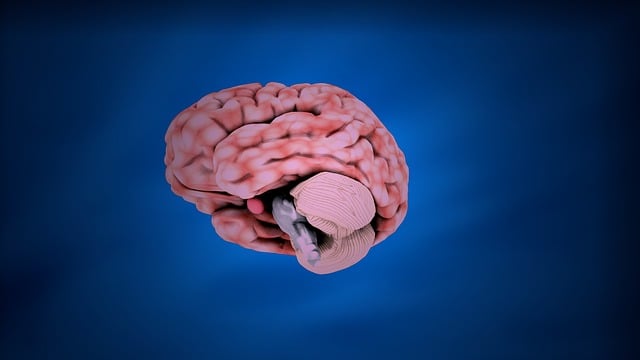Understanding cultural sensitivity in mental healthcare for adolescents is vital as it addresses the impact of diverse backgrounds on therapy experiences. Mental health professionals must recognize and respect cultural differences to provide tailored care, focusing on self-esteem improvement during major life transitions like starting high school, identity formation, and career choices. By integrating burnout prevention, stress management, compassion cultivation, emotional intelligence, mindfulness, and reframing strategies, therapists create safe, inclusive environments that enhance the therapeutic alliance and build resilience in adolescent teens from various ethnic, racial, and socio-economic backgrounds.
Cultural sensitivity is a cornerstone in providing effective mental healthcare, especially for adolescents navigating complex life transitions. This article explores the intricate relationship between cultural competency and youth therapy, focusing on approaches that address major life transitions. We delve into strategies for professionals to offer tailored support, considering the unique needs of diverse adolescent populations. By embracing culturally responsive practices, therapists can enhance treatment outcomes and foster healthier communities.
- Understanding Cultural Sensitivity in Mental Healthcare for Adolescents
- Navigating Major Life Transitions with Therapy: A Culturally Responsive Approach
- Best Practices for Mental Health Professionals to Ensure Effective Support
Understanding Cultural Sensitivity in Mental Healthcare for Adolescents

Understanding cultural sensitivity in mental healthcare for adolescents is paramount as we recognize the impact of diverse backgrounds on their experiences with therapy. Adolescent teens often navigate major life transitions, and self-esteem improvement can be a significant aspect of their journey. Mental health professionals must be attuned to the unique challenges these young individuals face, shaped by their cultural identities and community contexts.
Cultural sensitivity involves recognizing and respecting differences in beliefs, values, and communication styles. It requires professionals to go beyond standard crisis intervention guidance and provide care that resonates with teens from various ethnic, racial, and socio-economic backgrounds. Incorporating insights from mental health policy analysis and advocacy ensures that services are tailored to meet the specific needs of adolescent populations, fostering environments where teens feel seen, heard, and supported during their healing processes.
Navigating Major Life Transitions with Therapy: A Culturally Responsive Approach

Navigating Major Life Transitions with Therapy offers a culturally responsive approach to supporting adolescent teens. Every young person faces life transitions—from starting high school to dealing with identity formation and career choices—but these experiences are deeply influenced by cultural background, family dynamics, and social environment. Therapists play a pivotal role in providing safe spaces where teens can process these changes, especially for those from diverse backgrounds who might face unique challenges or barriers to care.
By integrating Burnout Prevention Strategies for Healthcare Providers and incorporating Stress Management Workshops Organization into therapeutic practices, therapists can enhance their cultural competency. These initiatives ensure healthcare providers are equipped to address the nuanced needs of adolescent teens from various cultures while fostering an environment that promotes resilience and well-being. Effective therapy goes beyond addressing symptoms; it empowers young individuals with tools to navigate life transitions healthily, ultimately contributing to improved mental health outcomes.
Best Practices for Mental Health Professionals to Ensure Effective Support

Mental health professionals play a pivotal role in supporting individuals from diverse cultural backgrounds, especially during significant life transitions like those faced by adolescent teens. To ensure effective care, professionals should adopt best practices that foster compassion cultivation practices and emotional intelligence. This includes developing a deep understanding of each client’s unique cultural context, beliefs, and experiences. By incorporating this knowledge into therapy sessions, professionals can create a safe and inclusive environment, enhancing the therapeutic alliance.
Additionally, cultivating positive thinking through techniques like mindfulness and reframing strategies can be beneficial. These approaches encourage clients to view challenges as opportunities for growth, fostering resilience during major life transitions. Emphasizing open communication, active listening, and cultural humility ensures that therapy aligns with the client’s values and needs, ultimately leading to more successful outcomes in supporting adolescent teens through their mental health journeys.
Cultural sensitivity is a cornerstone of effective mental healthcare, especially when working with adolescent teens navigating major life transitions. By adopting a culturally responsive approach, therapists can create a safe and supportive environment that respects and understands the unique backgrounds and perspectives of their clients. This not only enhances the therapeutic process but also ensures that mental health professionals provide the best possible care, fostering positive outcomes for young people from diverse cultural backgrounds. When practicing with cultural sensitivity, mental health professionals can truly revolutionize support for adolescent teens, helping them thrive during challenging life changes.








